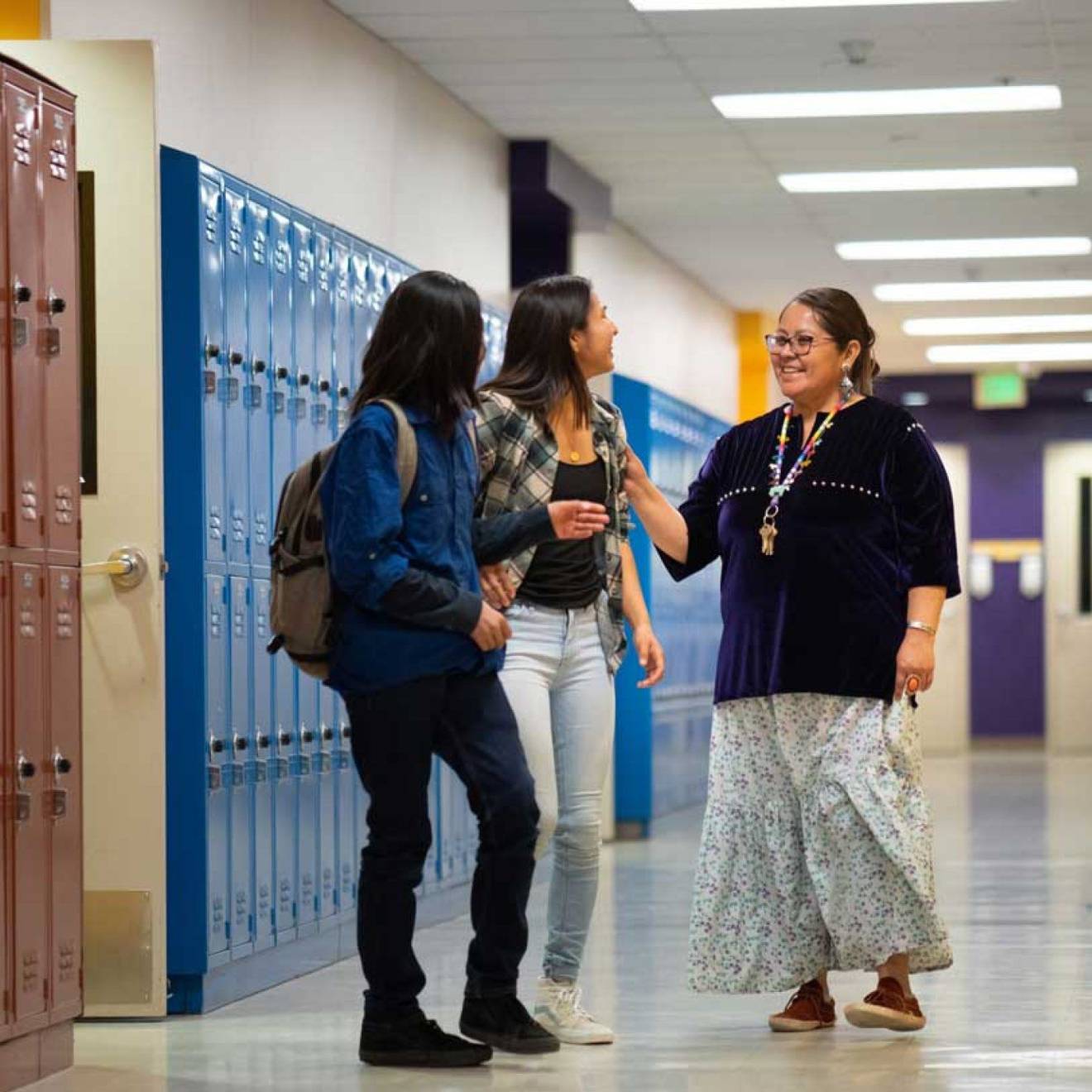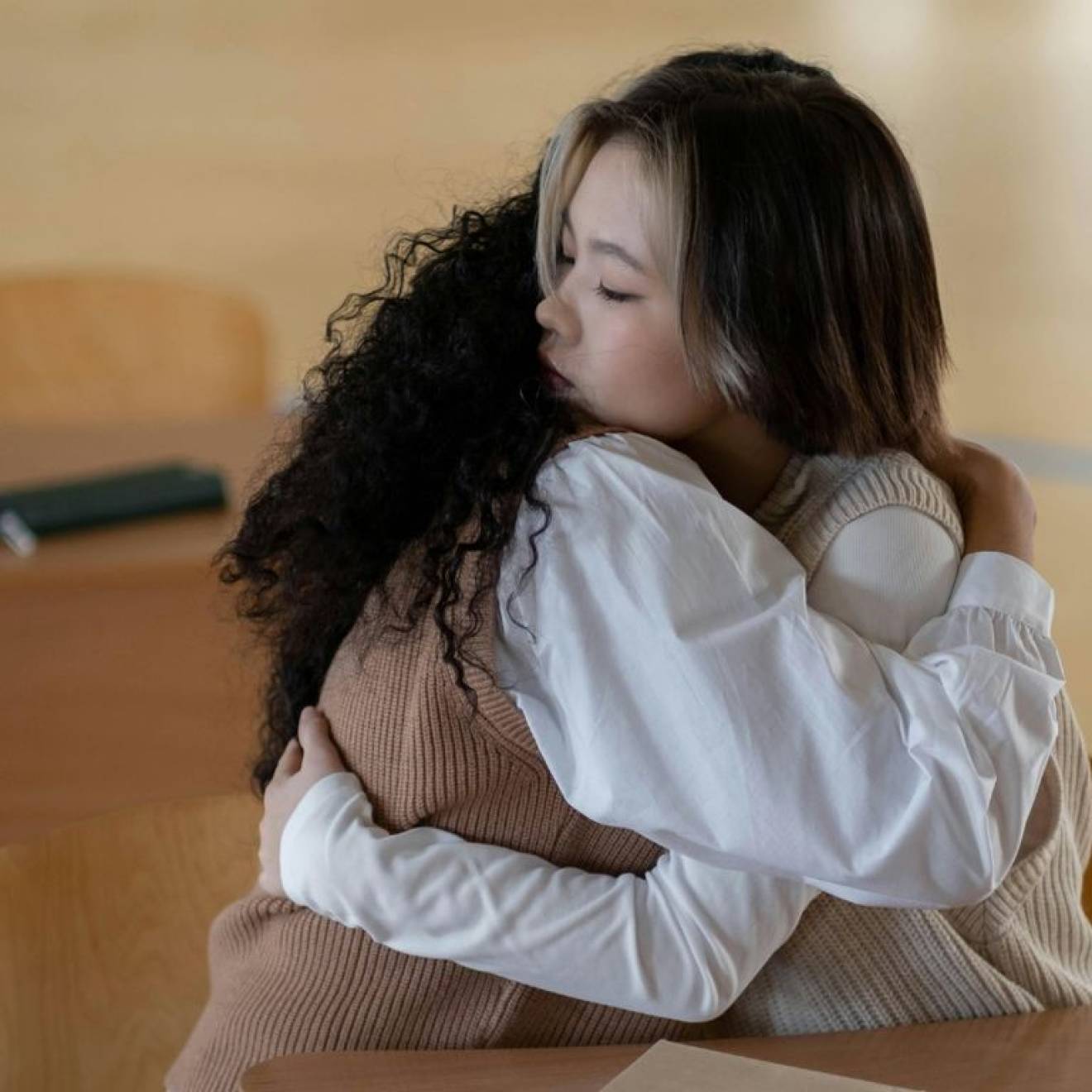Tiffany Dobbyn, UC Davis

In cases of Alzheimer’s disease, it’s common for a spouse to take on the role of caregiver. Research led by the University of California, Davis, suggests that patients can also support their caretakers, and that reciprocated care has mutual benefits.
A new paper published in the journal Aging and Mental Health highlights that couples coping with dementia can navigate the challenges with greater resilience and well-being by working together and supporting each other.
“We know that dementia is degenerative, there’s no way back, and spousal caregivers typically face substantial burden,” said Meng Huo, assistant professor with the Department of Human Ecology and lead author of the study. “But having a mutually beneficial relationship in early stages may help reduce caregiver burden and even slow the progression of dementia symptoms.”
Nearly 7 million people aged 65 and older in the United States have Alzheimer’s disease. In this study, researchers surveyed 72 couples from Northern California and Nevada in which one person was living with early-stage Alzheimer’s disease and their spouse was the primary caregiver. They assessed the support that spouses provided to each other and found that people with dementia assisted their spousal caregivers often.
“Debunking the myth that dementia patients are only recipients of care is crucial,” Huo said. “Recognizing their potential to help will encourage them to be able to maintain their personal dignity. Dementia patients know they’re declining, but it’s important for them to also know that they can still do a lot of things.”
Practical and emotional support
Huo said the positive effects of empathy and support on emotional well-being, stress levels, communication and illness management can contribute to better overall health outcomes for individuals with dementia and their caregivers.
Researchers found that the support given by patients occurred in various ways, like practical help such as folding the laundry, dishwashing and cooking. Huo said the most common type of support was emotional, including showing appreciation and care.
“In one example, the caregiver had surgery and the dementia patient talked about how she brought flowers and food when she went to the hospital to see the caregiver, and she encouraged the caregiver to stay socially connected to make sure there’s companionship,” Huo said.
Caregiver, patient empathy
Researchers hope the findings can improve existing interventions that mostly target caregivers by including the dementia patients too.
“Dementia caregivers need support,” Huo said. “Support can occur within this ongoing relationship between dementia patients and caregivers. By maintaining the support reciprocity, we may be able promote effective illness management in the long run.”
This study was funded by the National Institute on Aging and the UC Davis Alzheimer’s Disease Research Center. Other listed authors on this paper are from Seoul National University in South Korea, the University of Texas at Austin and Pennsylvania State University.

